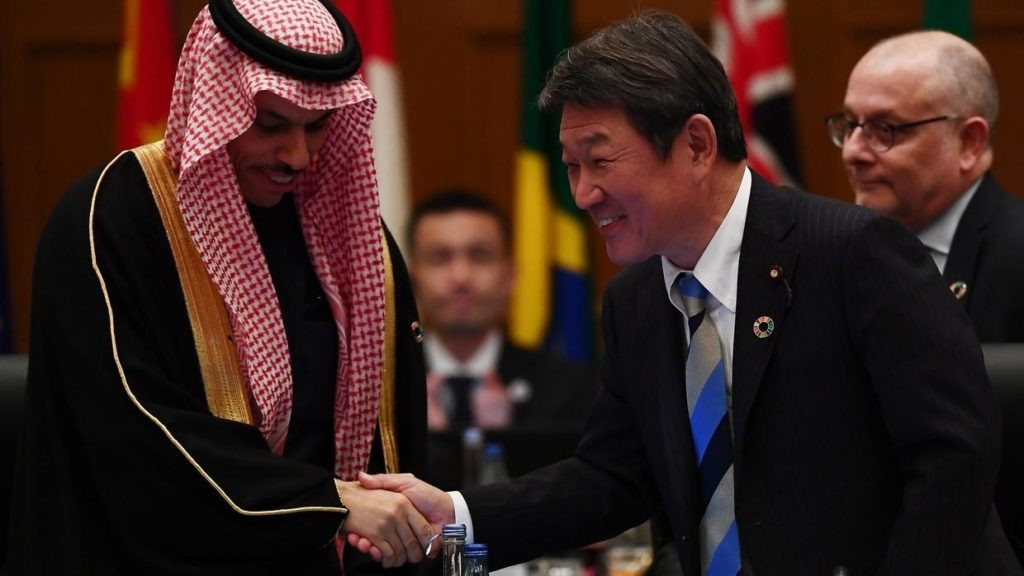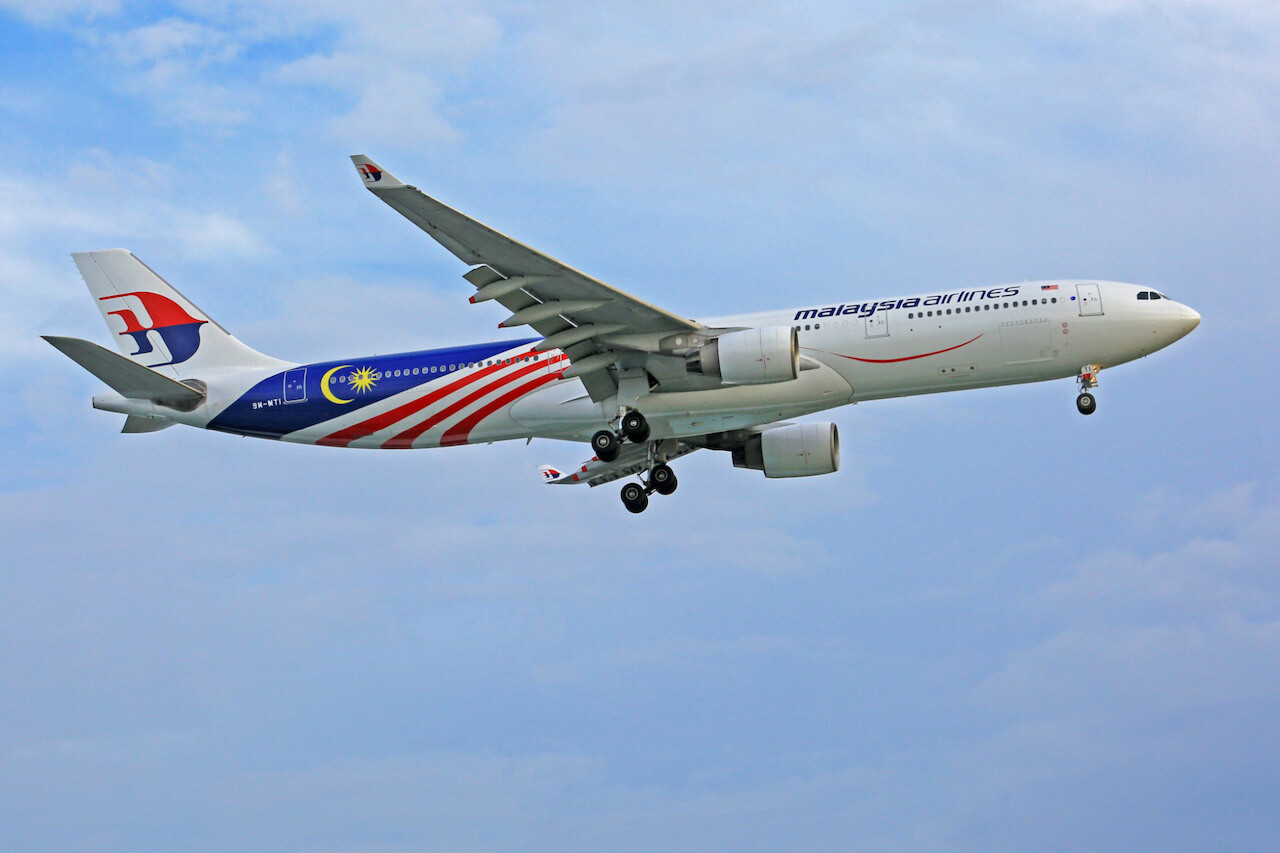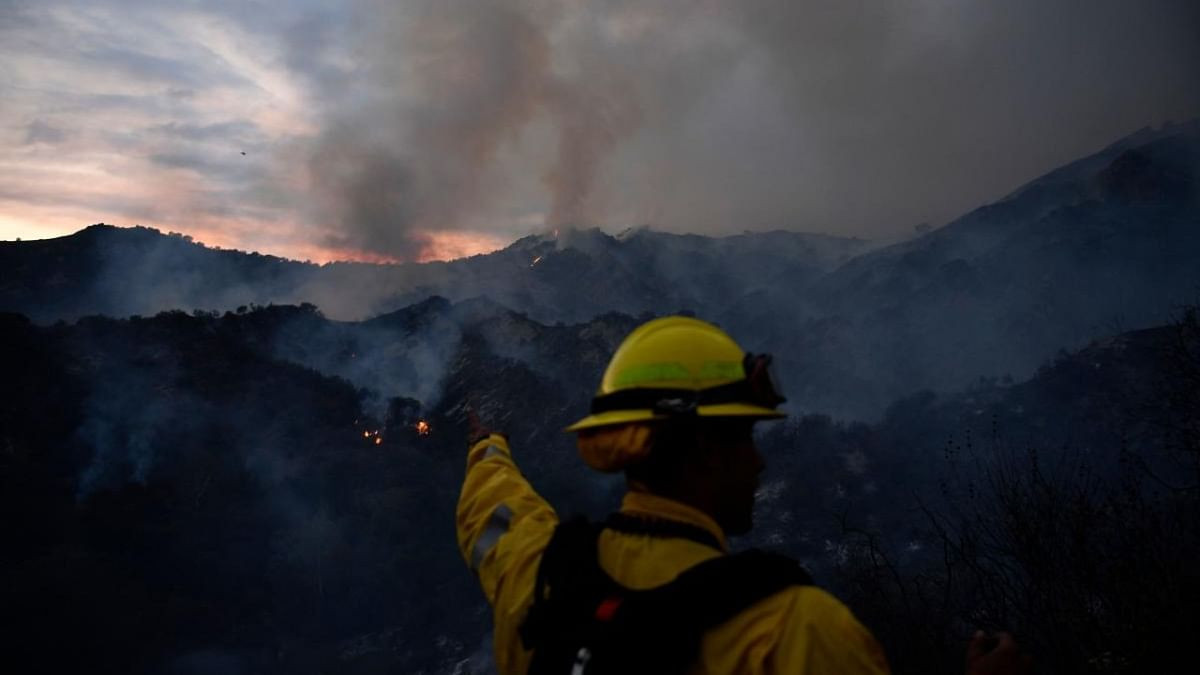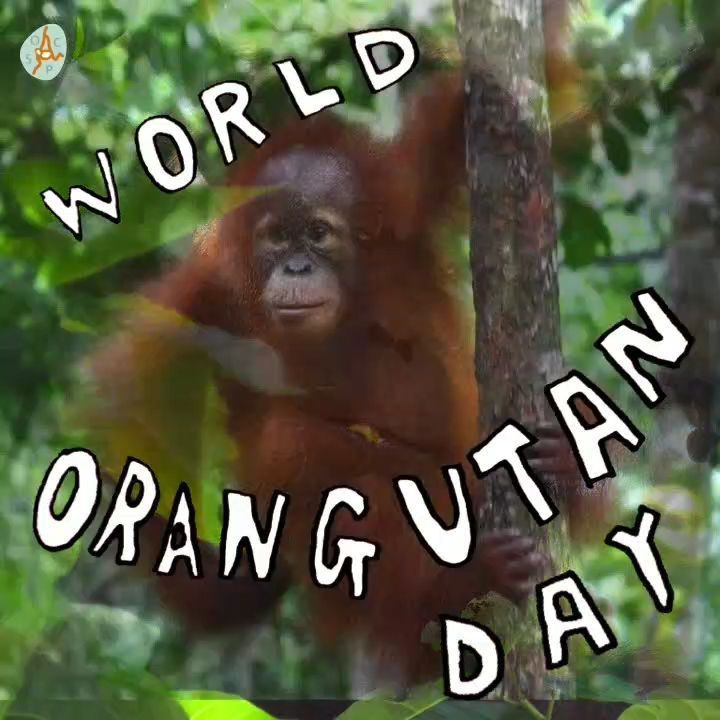The Pan American Health Organization (PAHO) recently led a series of discussions on crucial health issues during a G20 health working group meeting from 1-3 September in Natal, Brazil. The primary focus of the event was antimicrobial resistance (AMR), a major global threat that hinders the effective treatment of an increasing range of infections caused by bacteria, parasites, viruses and fungi, resulting in prolonged illness and increased mortality. The threat of AMR looms large, with the G20 recognizing it as a significant challenge to global health. The discussions highlighted the need for collective action, particularly as the escalating threat of AMR requires a comprehensive and coordinated approach.
While 165 countries in the world, including 26 in the Americas, have developed National Action Plans to address AMR, large-scale implementation has been slow, underscoring the need for more resources and renewed commitment. The slow progress in implementing action plans underscores the need for increased resources and a renewed commitment to address AMR effectively.
In the region, however, 87% of PAHO member countries have established national action plans—surpassing the global average. “The Americas are leading the charge against AMR, with PAHO’s strong leadership offering a model for other regions,” Dr. Socorro Gross Galiano, PAHO’s representative in Brazil said. The Americas, demonstrating a strong commitment to fighting AMR, have surpassed the global average in implementing national action plans.
Dr. Gross also emphasized the importance of PAHO’s One Health approach, which fosters cross-sectoral collaboration to effectively tackle AMR, and highlighted PAHO’s upcoming participation in the AMR discussions at the United Nations General Assembly (UNGA) high-level event in New York this September, where the organization will advocate for decisive international action against this global threat. PAHO's One Health approach, fostering collaboration across sectors, is crucial for effectively addressing AMR.
In a presentation at the session, Dr. Pilar Ramon-Pardo, Chief of PAHO’s Antimicrobial Resistance Program, acknowledged the significant progress made in the Americas, but warned that persistent challenges, including limited national budgets and inequitable access to health services and products, will continue to hinder progress until they are effectively addressed. While progress has been made in the Americas, persistent challenges like limited national budgets and inequitable access to health services will hinder progress until they are addressed.
Tackling the Intersection of Climate Change and TB
PAHO and the World Health Organization also co-hosted the “Ending TB in the Context of Climate Change: Building Evidence to Inform Actions” panel. During the event, panelists discussed how factors such as malnutrition, food insecurity, and deteriorating living conditions—all exacerbated by climate change—are making populations more susceptible to tuberculosis. The panel focused on the intersection of climate change and tuberculosis, emphasizing how climate change exacerbates factors that make populations more susceptible to TB.
The G20's Role in Addressing Climate Change and Health
Underscoring the need for countries to mitigate the effects of climate change, particularly its potential to disrupt health services, Dr. Gross called for increased collaboration. “The G20 has the resources, research capabilities, and best practices to unite us in this final, intense push to address these interconnected challenges,” she said. The G20, with its resources and capabilities, can play a pivotal role in tackling the interconnected challenges of climate change and health.
One Health Approach to Combat AMR
The indiscriminate use of antimicrobials in human health, animal health, and agro-food production, as well as social and environmental factors, are the main contributors to the acceleration of antibiotic resistance, which is responsible for 1.27 million direct deaths and 5 million associated deaths per year, according to a United Nations report . This was the key issue at the opening of the Ministerial Meeting of the G20 Health Working Group, which takes place in Natal, capital of the state of Rio Grande do Norte. The G20 Health Working Group highlighted the urgency of addressing antimicrobial resistance, acknowledging its devastating impact on global health.
“This topic is of great importance to the whole world. Antibiotic resistance is a threat to global health. If this resistance continues to grow, by 2050 our antibiotics will no longer treat the diseases they treat today,” warned Ethel Maciel, secretary of Health Surveillance and Environment from the Ministry of Health. The warning about the future of antibiotics, if resistance continues to grow, emphasizes the need for urgent action.
Last Sunday afternoon (1st), representatives of the G20 countries, the United Nations system, non-governmental organizations and academia, who are working on the prevention and response to antimicrobial resistance (AMR), discussed sharing experiences and learning about the One Health intersectoral collaboration - the integrated approach that recognizes the connection between human, animal, plant and environmental health. The G20 meeting provided a platform for sharing experiences and learning about the One Health approach, which emphasizes the interconnectedness of human, animal, plant and environmental health.
Countries that received joint support from the Food and Agriculture Organization of the United Nations (FAO), the United Nations Environment Programme (UNEP), the World Health Organization (WHO) and the World Organisation for Animal Health (WOAH) shared their action plans for AMR to promote awareness and adaptation by other countries. The sharing of action plans by countries that received joint support from international organizations highlights the importance of collaboration in addressing AMR.
The G20's Crucial Role in Tackling AMR
Another highlight was the role of the Antimicrobial Resistance Multi-Partner Trust Fund (AMR/MPTF) in supporting countries to prevent and respond to AMR. The instrument supports national, regional and global efforts to put into practice the AMR Action Plan. The meeting in Natal aligns actions and strategies for the G20 countries to sign the United Nations Declaration on tackling AMR, on September 26 in New York, United States. The G20's commitment to sign the UN Declaration on tackling AMR underscores its recognition of the urgent need for global action.
The socioeconomic costs of AMR are also high, with the treatment of resistant infections projected to cost 412 billion dollars and economic productivity losses estimated at around 443 billion dollars. AMR is also expected to cause an 11% decline in livestock production in low-income countries by 2050, which will put the achievement of the Sustainable Development Goals (SDGs) at risk. The One Health approach is essential to respond to AMR in human, animal, plant and environmental sectors. The high socioeconomic costs of AMR, including projected treatment costs and economic productivity losses, further emphasize the need for urgent action to address the threat.
G20’s Health Working Group: A Catalyst for Change
The meeting of the Health Working Group (Health WG) of the G20 takes place from September 1st to 3rd in Natal, the capital of the state of Rio Grande do Norte. Approximately 25 countries and 28 international organizations will be gathered to prepare health proposals for the ministerial meeting in Rio de Janeiro in October. The G20 Health Working Group meeting in Natal serves as a crucial platform to prepare health proposals for the upcoming ministerial meeting in Rio de Janeiro.
At the meeting, agreements on the themes discussed throughout the year will be established, so that they can be taken to international organizations and endorsed by the ministers that compose the Health WG. The G20 Health Working Group's role in establishing agreements and endorsing proposals demonstrates its crucial role in shaping global health policy.
A Call to Action: Building Resilience for a Healthier Future
The urgency of addressing AMR and climate change cannot be overstated. The G20 meeting serves as a powerful platform for advancing global health, but sustained action is crucial. The commitment of nations to tackle these interconnected challenges is a sign of progress, but continued dedication to research, resource allocation, and the implementation of effective strategies is vital to ensuring a healthier future.

















